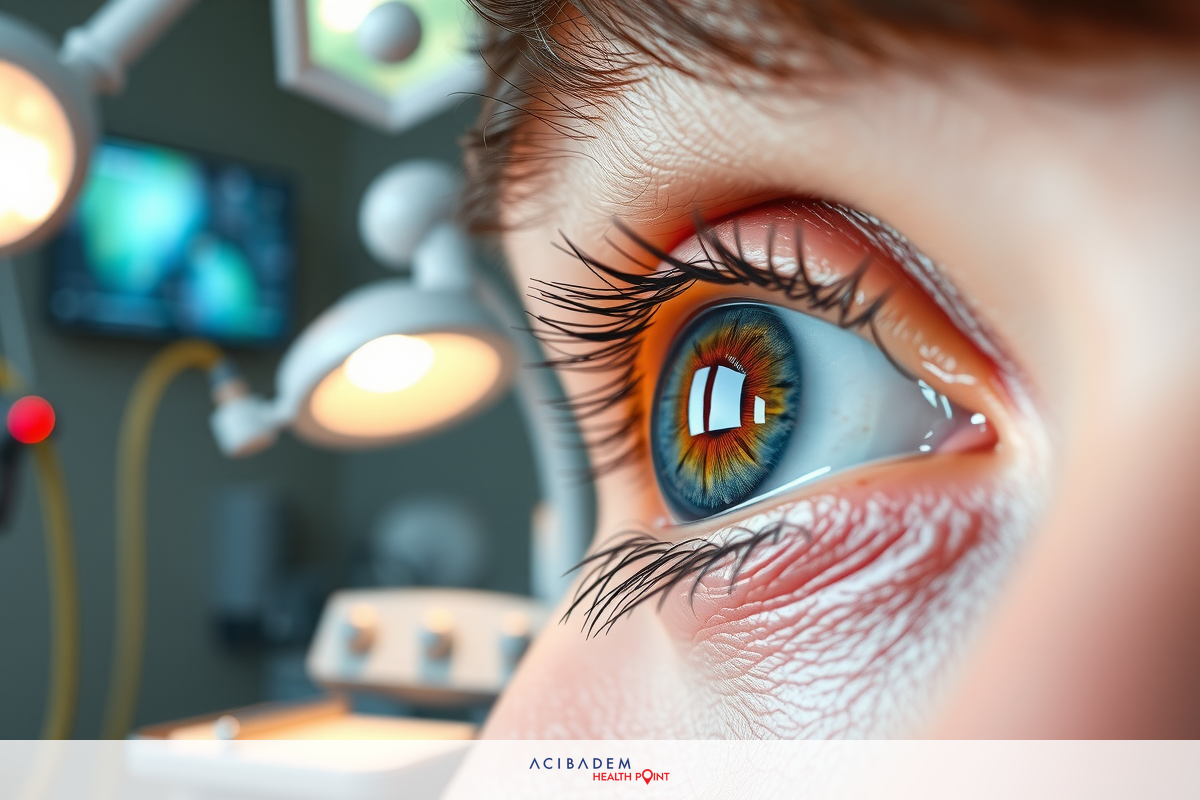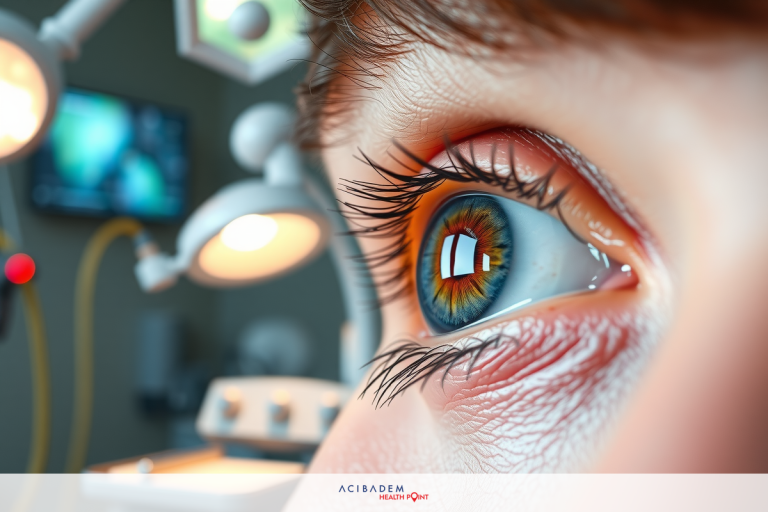What Are Complications From LASIK Eye Surgery
What Are Complications From LASIK Eye Surgery LASIK eye surgery, a popular choice for vision correction, is not without its complexities. Dry eyes are a common issue post-surgery – an inconvenient condition requiring management strategies to alleviate discomfort.
The manifestation of halos and glare following LASIK surgery raises concerns among many patients. This phenomenon occurs sporadically and requires specific strategies to manage effectively.
Corneal ectasia, albeit rare, poses serious complications in the aftermath of LASIK eye surgery. Understanding this complication’s occurrence helps in formulating appropriate treatment options, ensuring optimal patient recovery.
Dry Eyes
A significant number of patients experience dry eyes, a common complication following LASIK eye surgery. This condition is characterized by a decrease in tear production or an increase in tear evaporation resulting in symptoms such as discomfort, redness, and sensitivity to light. While not life-threatening, it can affect the quality of life and requires management strategies for relief.
The occurrence of dry eyes after LASIK surgery can be attributed to several factors. The procedure involves cutting a small flap on the cornea’s surface, which may disrupt nerves responsible for stimulating tear production leading to post-operative complications. Additionally, the laser used during surgery can cause temporary inflammation that contributes to ocular dryness.
Management strategies are critical for alleviating symptoms associated with this side effect from LASIK eye surgery. These include over-the-counter lubricating eyedrops known as artificial tears offering immediate but short-term relief. Prescription medications that help your body produce more tears also exist alongside other treatments like punctal plugs designed to keep tears from draining away too quickly.
Understanding why these complications occur forms part of an effective strategy towards managing them post-surgery; thus reducing risks associated with LASIK operations.
Halos and Glare
The experience of halos, often described as bright circles around light sources, along with glare or increased sensitivity to light, are notable complications that some individuals face following LASIK eye surgery. These phenomena typically occur in low-light conditions where contrast is high – think nighttime driving with oncoming headlights. This side effect can present challenges for those affected but knowing why they happen and how to manage them can help ease concerns.
During the LASIK procedure, reshaping the cornea may lead to slight irregularities on its surface. This irregularity causes lights to scatter once it enters the eyes instead of focusing directly onto the retina causing visual disturbances such as halos and glare. Additionally, a larger-than-necessary pupil size in dim lighting could allow excess peripheral rays into the eye leading to these post-operative complications.
Several strategies exist for managing these visual disturbances following LASIK eye surgery. Using eyeglasses with anti-reflective coating can significantly reduce symptoms by minimizing scattered light entering your eyes. Also consider limiting night driving until symptoms improve over time which is common
among most patients experiencing this side effect from their operation. Prescription medication helping shrink pupils in low-light situations also prove beneficial; however, consulting an ophthalmologist would be best before starting any new treatment regimen.

Corneal Ectasia
Corneal ectasia, a rare but serious complication of LASIK eye surgery, is characterized by the thinning and bulging of the cornea. This condition leads to vision distortion that glasses or contact lenses may not correct fully. While it typically occurs weeks to years after LASIK surgery, understanding this potential post operative complication can help patients make informed decisions about their treatment options.
The development of corneal ectasia following LASIK eye surgery results from removing too much corneal tissue during the procedure. An insufficient residual stromal bed – the remaining thickness of the cornea after surgery – could lead to instability causing gradual deformation over time. Risk factors include high levels of myopia or astigmatism pre-surgery, abnormal preoperative topography – a map detailing your eye’s shape and surface irregularities -, and an inherently thin cornea.
There are several treatment options for managing this condition ranging from non-invasive measures like custom soft contact lenses designed to reshape your cornea overnight to more invasive procedures such as intracorneal ring segments which seek to flatten your abnormally steep cornea improving overall vision quality. In severe cases where conservative treatments fail, a full-thickness or partial-thickness (lamellar) keratoplasty might be necessary; these involve transplanting donor tissue into your eyes helping restore normal structure and function.
What Are Complications From LASIK Eye Surgery: Frequently Asked Questions
What are some common complications after LASIK eye surgery?
Some of the most prevalent post-operative complications include dry eyes, halos and glare. The occurrence of these side effects varies between individuals.
How can I manage dry eyes after LASIK surgery?
Management strategies for post-LASIK dry eyes encompass over-the-counter lubricating eyedrops, prescription medications that enhance tear production, or punctal plugs to prevent rapid tear drainage.
Why do halos and glare occur after the procedure?
Halos and glare are a result of slight irregularities on the reshaped corneal surface or larger-than-necessary pupil size in dim light conditions. Both lead to scattered light entering your eye instead of focusing directly onto the retina.
Is Corneal Ectasia a common complication following LASIK eye surgery?
No, corneal ectasia is relatively rare but it is a serious condition that can occur weeks to years following LASIK surgery due to excessive removal of corneal tissue during operation.








